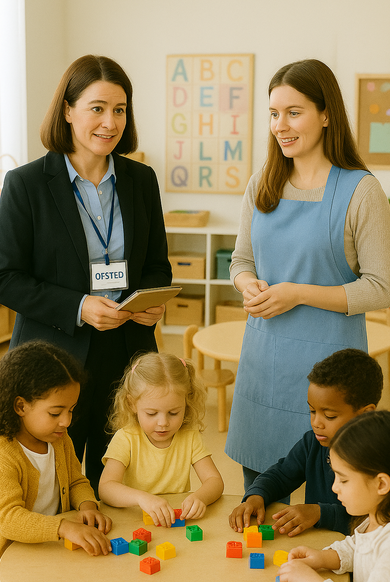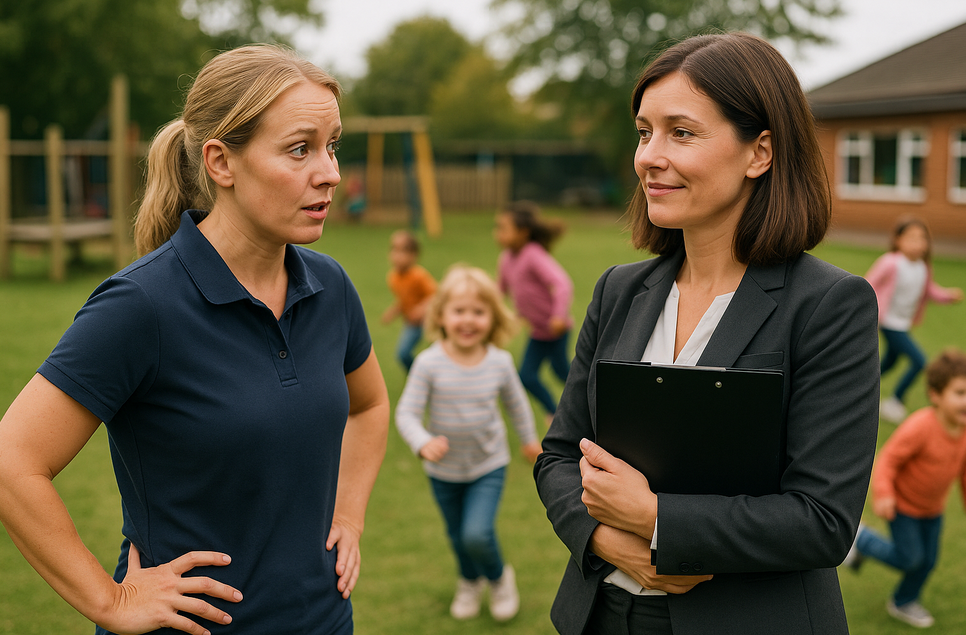OFSTED stands for the Office for Standards in Education.
Children’s Services and Skills.
It is a non-ministerial department of the UK government responsible for inspecting and regulating services that provide education and skills for learners of all ages, and services that care for children and young people in England.
Its aim is to improve lives by raising standards in education and children’s social care, publishing reports on its findings to help improve quality.


OFSTED carries out its work primarily through a system of inspections and regulation across various services, including schools, childcare facilities, and children’s social care in England.
Here’s a brief overview of how they do this:
Inspections: Trained inspectors, including His Majesty’s Inspectors and Ofsted Inspectors (often serving school leaders), conduct visits to assess the quality of education, care, and leadership. These inspections can be graded.
Judgement Areas: During inspections, particularly graded ones, they make judgements on key areas such as:
Quality of Education (Intent, Implementation, and Impact of the curriculum)
Behaviour and Attitudes
Personal Development
Leadership and Management
Grading: Services are graded on a four-point scale: outstanding, good, requires improvement, or inadequate. (Possibly changing in late 2025)
Evidence Collection: Inspectors gather evidence by observing lessons, scrutinizing work, talking to leaders, staff, pupils, and reviewing strategic and operational documents.
Regulation: Beyond inspections, Ofsted also acts as a regulator, ensuring that providers meet national standards and taking action if required standards are not met. They have specific frameworks and handbooks that guide their inspection and regulatory activities for different types of provisions (e.g., early years, maintained schools, further education).
Key Points
- Safeguarding
- EYFS 2025
- 3 i’s
- Inspectors Handbook
- The 7 Area’s
- Staff Wellbeing
News from OFSTED click link
Why not contact us today!

